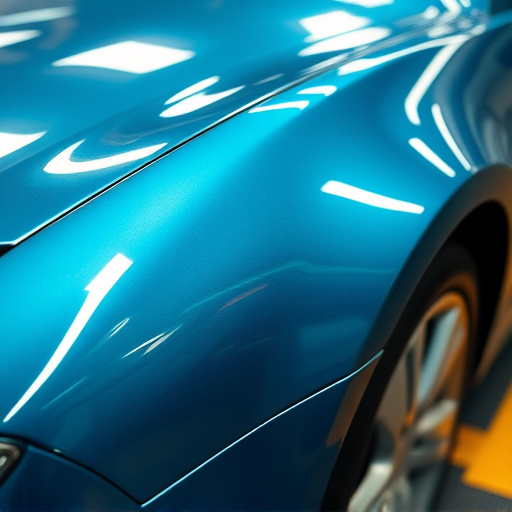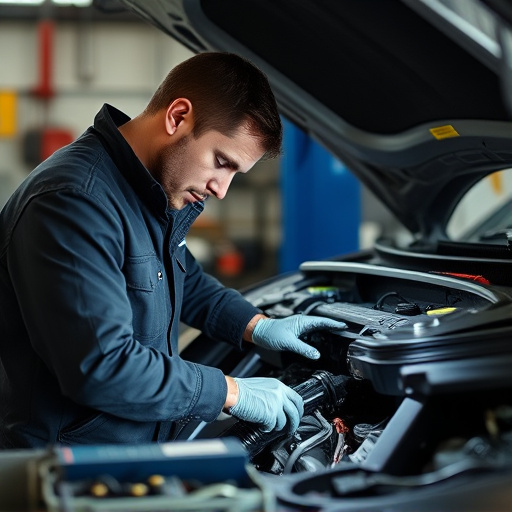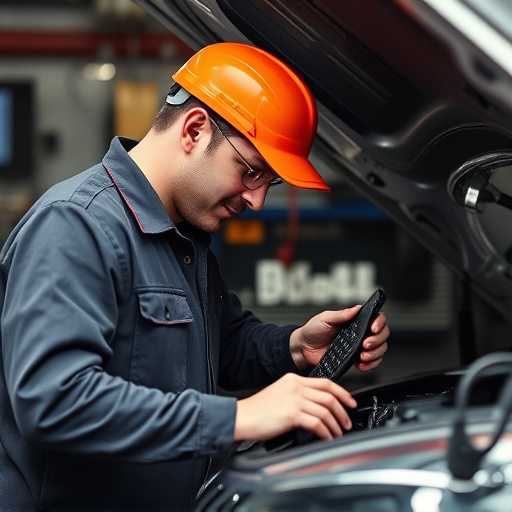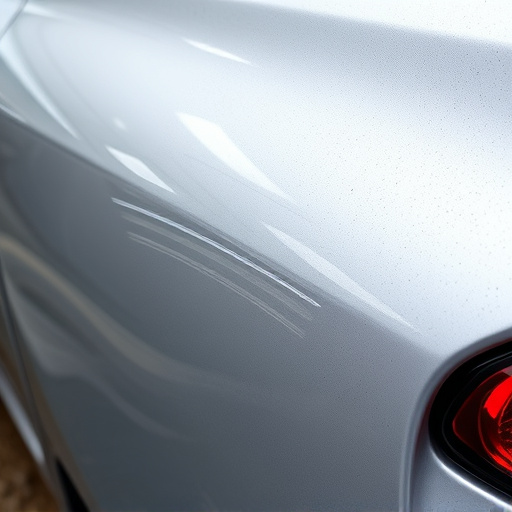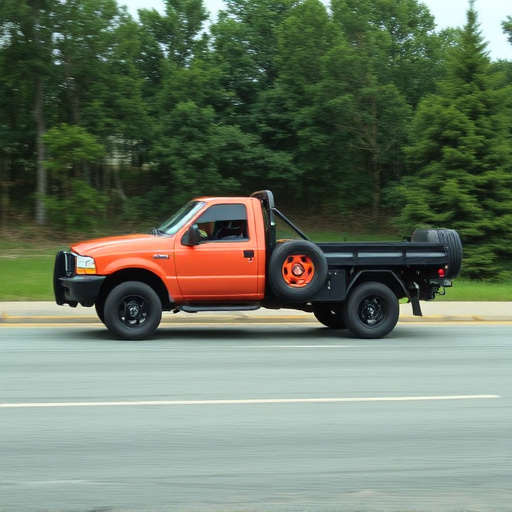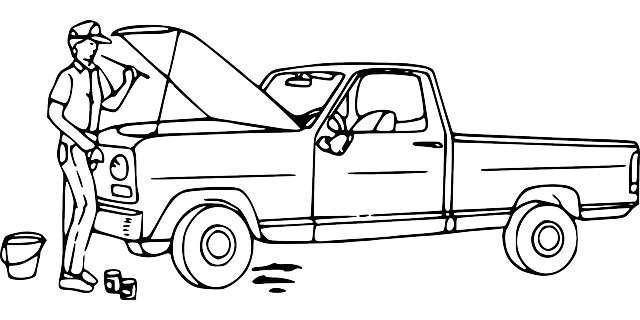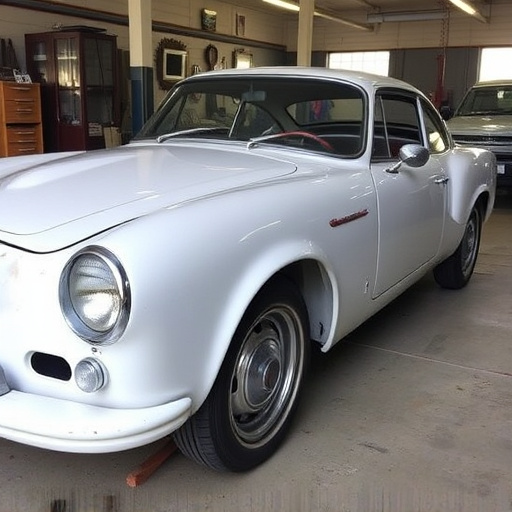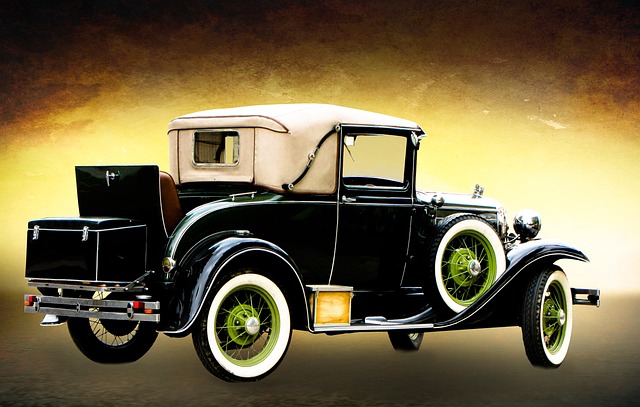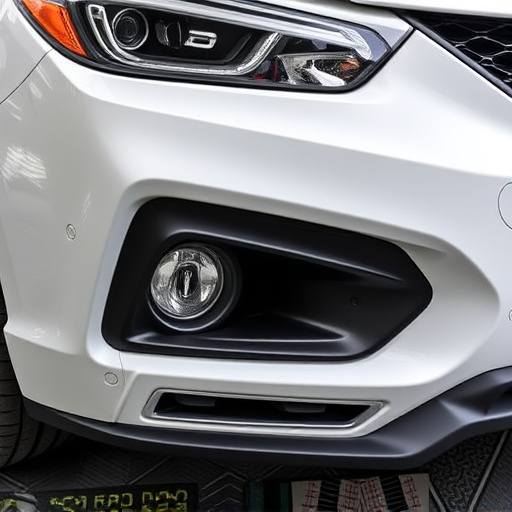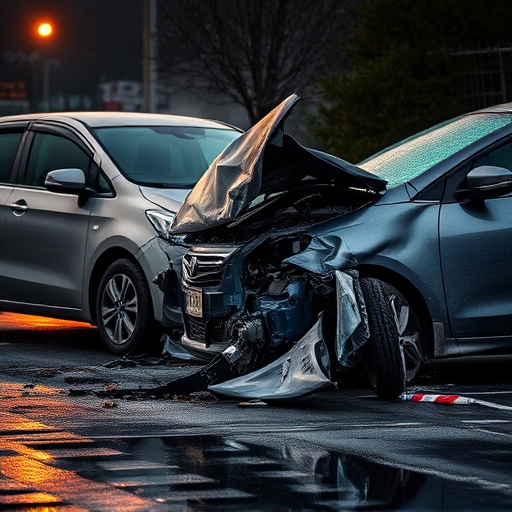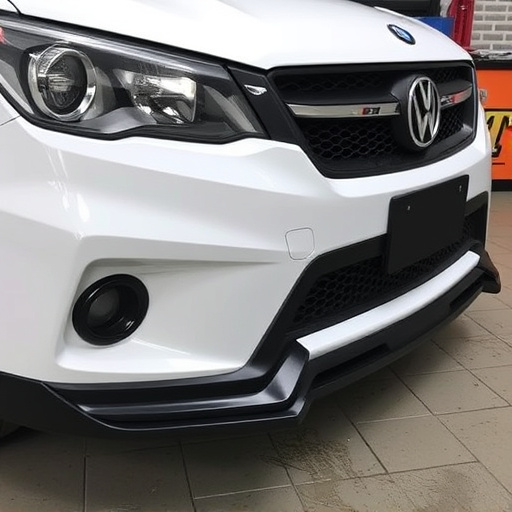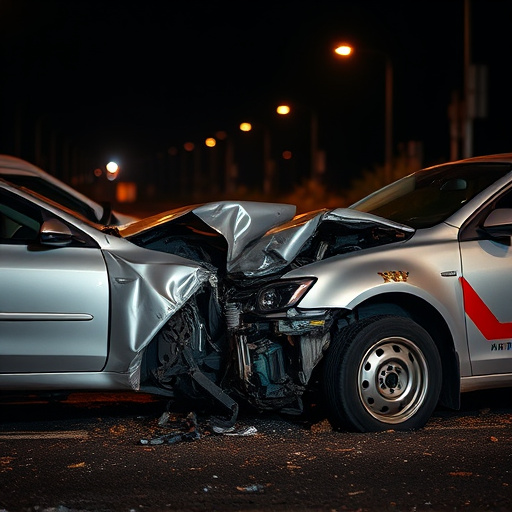Metal panel dent repair eligibility depends on vehicle type and metal panel condition, with prior damage or defects impacting suitability. Unlike auto glass replacement, this process realigns and reshapes metal to seamlessly integrate with the car body using advanced equipment. Common materials include steel, aluminum, and composite plastics, with skilled technicians addressing various panel types across different brands. Cost and effectiveness vary based on dent severity, metal type, vehicle age, accessibility, and repair method (traditional or PDR).
In today’s digital era, metal panel dent repair services have emerged as a game-changer for vehicle owners. Understanding what panels qualify for these services is crucial before embarking on any restoration. This article delves into the intricacies of metal panel dent repair eligibility, exploring common types of suitable panels and key factors affecting success and cost. By the end, folks will be equipped to navigate this process with confidence.
- Understanding Metal Panel Dent Repair Eligibility
- Common Types of Panels Suitable for Repair
- Factors Affecting Repair Success and Cost
Understanding Metal Panel Dent Repair Eligibility

Understanding Metal Panel Dent Repair Eligibility
When it comes to metal panel dent repair, eligibility is determined by several factors. The primary consideration is the type of vehicle and the specific metal panel involved. Modern cars and trucks are designed with precision-engineered metal panels that require specialized tools and techniques for effective repairs. Not all dents or damage may be suitable for this process, especially if the panel has been compromised due to previous accidents or poor manufacturing.
Auto glass replacement is not typically part of metal panel dent repair services, as these two processes serve different purposes. A collision repair center specializing in metal panel dent repair will focus on realigning and restoring the original shape of the panel, ensuring it fits seamlessly with the rest of the car body. This meticulous process involves using advanced equipment to measure, heat, and mold the metal back into place, leaving no trace of the previous damage.
Common Types of Panels Suitable for Repair
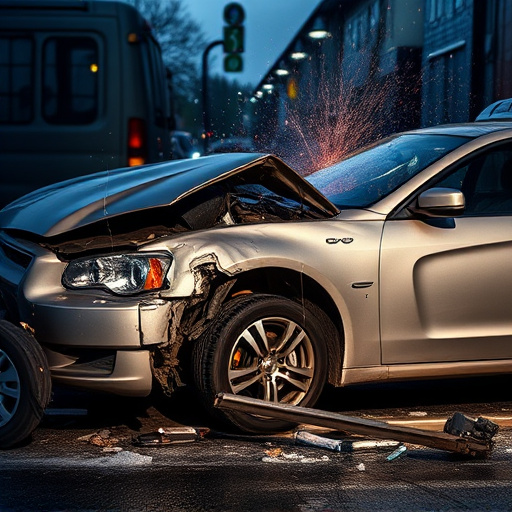
In the realm of metal panel dent repair, several types of panels commonly require expert attention to restore their pristine condition. The suitability of a panel for such repairs largely hinges on its material and construction. Typically, steel, aluminum, and certain types of plastic composite panels are prime candidates due to their widespread use in modern automotive design. These materials offer excellent structural integrity, making them less prone to warping or permanent damage during the repair process.
Auto repair shops specializing in metal panel dent repair often encounter a variety of panel configurations. From traditional steel body panels found on many sedans and trucks to lightweight aluminum components increasingly popular in luxury vehicles, each panel type presents unique challenges and opportunities. The versatility required in automotive restoration techniques ensures that skilled technicians can expertly address dents, dings, and other cosmetic imperfections across an array of vehicle makes and models, ultimately enhancing the car’s overall aesthetic appeal and resale value.
Factors Affecting Repair Success and Cost
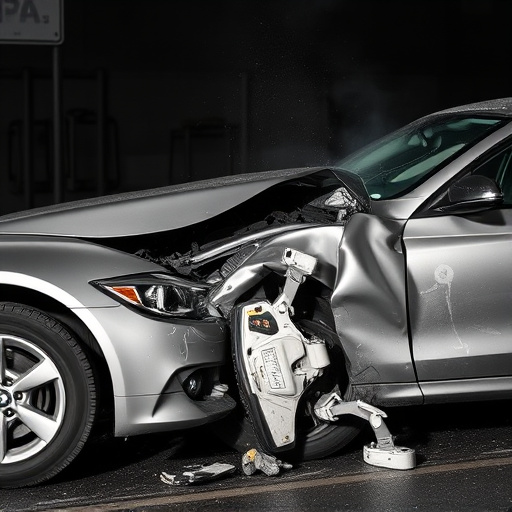
The success and cost of metal panel dent repair are influenced by several key factors. First and foremost, the severity of the dent plays a crucial role; deeper or larger dents may require more extensive repairs and impact the overall expense. The type of metal used in the panel is another critical consideration. Different metals have varying levels of ductility and resistance to damage, which can affect how well they hold their shape after a dent and the complexity of the repair process.
Additionally, the age and condition of the vehicle or panel itself are essential factors. Classic car restoration projects, for instance, might involve working with older, more delicate metal that requires specialized care to preserve its original character. Conversely, newer vehicles may have panels designed for easier and more cost-effective repairs. The accessibility of the dent is also significant; those in hard-to-reach areas might necessitate additional labor costs due to the challenges involved in their repair. Lastly, the method chosen for metal panel dent repair—whether it’s a more traditional auto body repair or innovative technologies like PDR (Paintless Dent Repair)—will influence both the success of the repair and its associated price tag.
When considering metal panel dent repair, understanding which panels qualify is crucial. Common types suitable for repair include those found in modern vehicles, such as aluminum and steel. However, factors like damage severity, panel age, and corrosion can impact success and cost. By assessing these elements, car owners can make informed decisions, ensuring effective and affordable metal panel dent repair.
